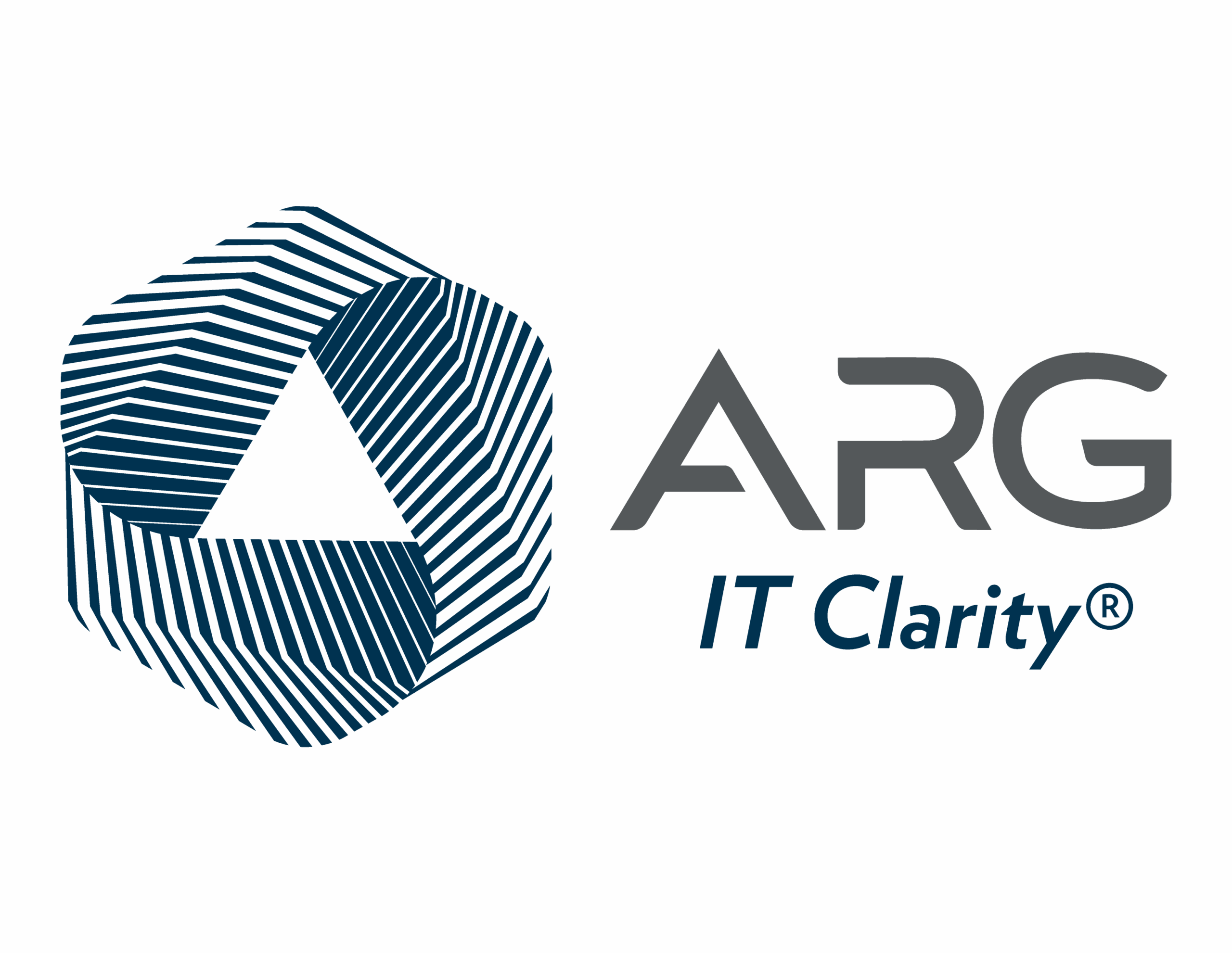Avaya has finally declared bankruptcy after months of speculation. The company had been struggling to adapt to the rapid adoption of cloud-based unified communications as a service (UCaaS). So far, they do not appear to have been able to convert a substantial portion of their installed equipment clients onto their subscription UCaaS service.
Avaya is a privately held company, having undertaken a leveraged buyout in 2007 which loaded $8.2B in debt onto their balance sheet. News reports of their financials indicate that their debt burden, which will now be restructured into some combination of debt and equity, along with bridge loans to fund on-going operations during the workout, will not return Avaya to profitability. Avaya appears to be sustaining consistent net operating losses before interest, bringing into question how operations will be impacted in order to return to profitability.
Avaya states that they will continue to support their existing clients during the transition, but the potential exodus of talent and anticipated reductions in expenses may result in noticeable impacts. Both Avaya corporate employees and the substantial Avaya business partner network must reevaluate their future prospects.
Cloud-based services such as UCaaS, but also infrastructure as a services (IaaS), security as a service (SaaS), disaster recovery as a service (DRaaS), desktop as a service (DaaS), etc have been sending shock waves through the IT hardware industry. Large companies, without significant technology hardware operations, have invested billions new to offer cloud services. Famously, internet retailer Amazon launched Amazon Web Services (AWS) out of its ecommerce platform built to support its web activities. Microsoft responded with a cloud environment, Azure. Just this week, Oracle announced that it would enter the cloud arena. Cloud pure-plays have also sprung into existence to compete with the hardware vendors. Providers such as Vonage, EvolveIP, 8×8 and Fuze are leaders in the UCaaS space.
Network providers are scrambling to increase their cloud offerings as well. Verizon, AT&T and Centurylink all appear to be focusing larger efforts on selling cloud services to their existing customer bases.
Notably absent from the UCaaS innovators above are the dominant hardware providers. Cisco has redesigned their entire organization to support cloud-based services. The smaller, more nimble traditional voice equipment manufacturers, such as Mitel and Shoretel have shifted strongly to cloud services. That left Avaya, with a heavy debt load and little flexibility to invest in new growth opportunities, little chance to continue operations in their current form.
ARG expects more disruption in traditional IT service models. The economics, security and flexibility of cloud platforms have firmly been accepted by the user community and hardware purchases are down substantially industry-wide. Companies still dependent on hardware sales and services must adapt to the new cloud reality.
If you are a current Avaya user or partner, what you do now? You probably have more questions than answers at this point. We invite you to reach out to ARG to discuss your options. ARG has a unique perspective on the UCaaS industry. We have installed tens of thousands of UCaaS seats across 20 different service providers and conducted detailed evaluations of many more. We have specialist in UCaaS, IaaS, DRaaS and DaaS and represent all the significant market participants. We can objectively discuss your situation and evaluate your options, all at no cost to you.



